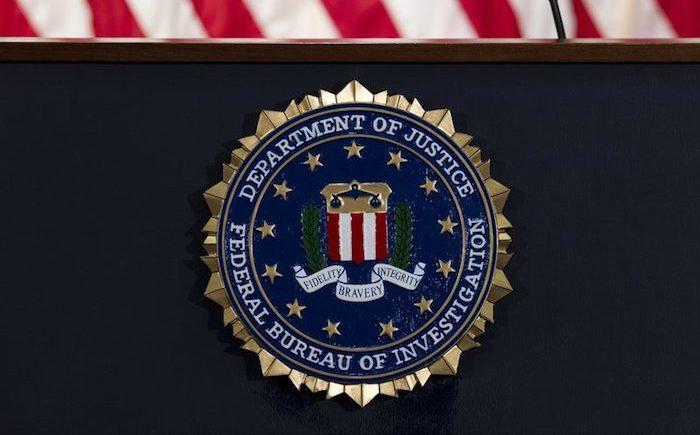
t;-
A former FBI attorney who worked on the Russia investigation told Congress last year the bureau learned information about dossier author Christopher Steele “that might bear on his credibility as a source.”


A former FBI attorney who worked on the Russia investigation told Congress last year the bureau learned information about dossier author Christopher Steele “that might bear on his credibility as a source.”